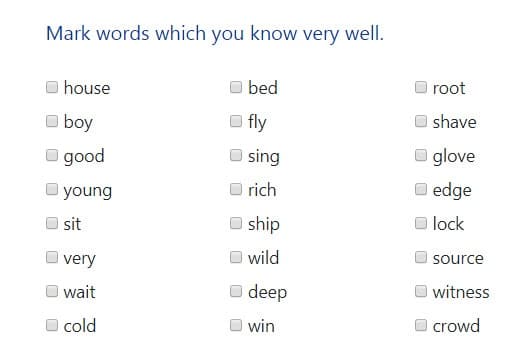Why people stutter – level 3
01-02-2024 15:00
More than 70 million people worldwide stutter, which is about one percent of the global population.
Five percent of all children go through a period of stuttering, and most recover by late childhood. However, some have a long-term stutter, and scientists still don’t fully understand why. They studied the brains of people who stutter or who recovered from a stutter; they found they are different from the brains of people who don’t.
This study means that a stutter has a neurological origin, and it comes from genetic differences. The condition often runs in families, and some of the genetic differences are related to sex. Men are more likely to stutter as children and more likely to continue to stutter into adulthood.
The treatment of stutter differs and depends on whether the person is a young child very close to onset, a school-aged child, or an adult. Some techniques can help reduce the stutter; however, they don’t fix the neurological differences. Therapies help people understand that what they say is far more important than how they say it. However, society isn’t always accepting and supportive.
Difficult words: stutter (to speak with difficulty, for example, to pause before saying a word or repeat it several times), neurological (related to the brain and the nervous system), onset (the beginning of something).
You can watch the video news lower on this page.
What are some potential genetic factors that contribute to stuttering, and how can society better support individuals who stutter?
LEARN 3000 WORDS with NEWS IN LEVELS
News in Levels is designed to teach you 3000 words in English. Please follow the instructions
below.
How to improve your English with News in Levels:

Test
- Do the test at Test Languages.
- Go to your level. Go to Level 1 if you know 1-1000 words. Go to Level 2 if you know 1000-2000 words. Go to Level 3 if you know 2000-3000 words.

Reading
- Read two news articles every day.
- Read the news articles from the day before and check if you remember all new words.

Listening
- Listen to the news from today and read the text at the same time.
- Listen to the news from today without reading the text.

Writing
- Answer the question under today’s news and write the answer in the comments.

Speaking
- Choose one person from the Skype section.
- Talk with this person. You can answer questions from Speak in Levels.
Stock images by Depositphotos


